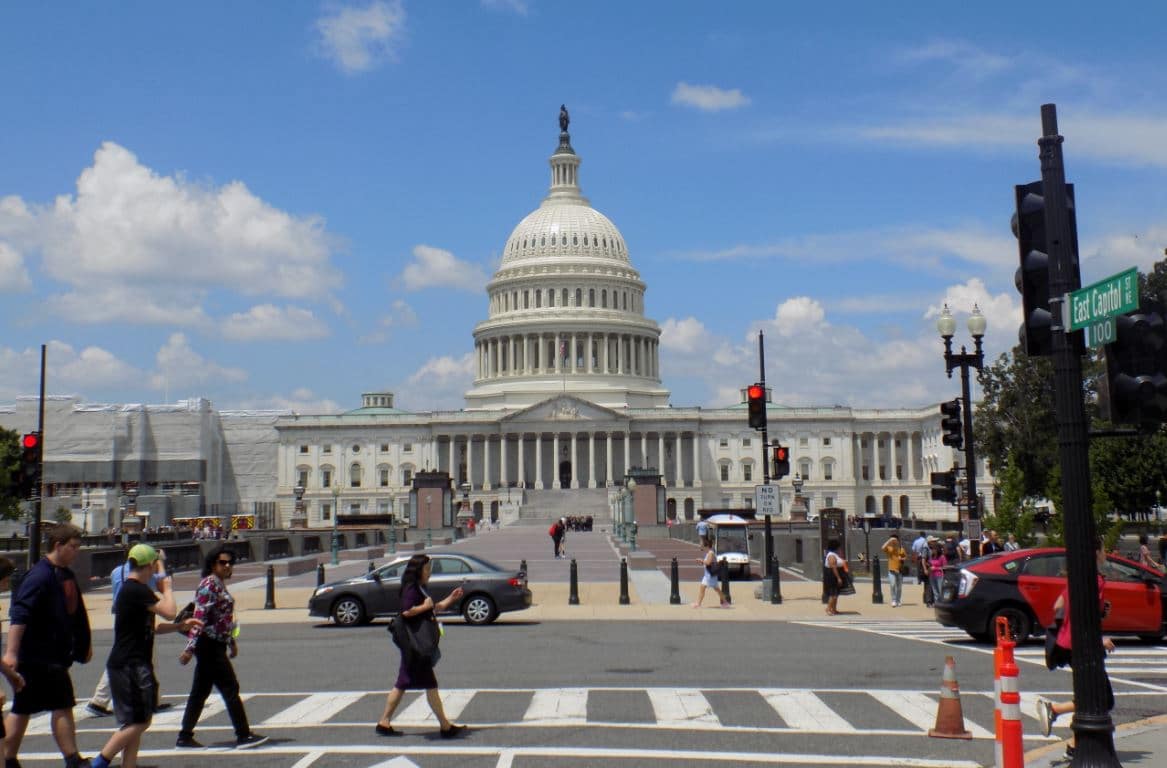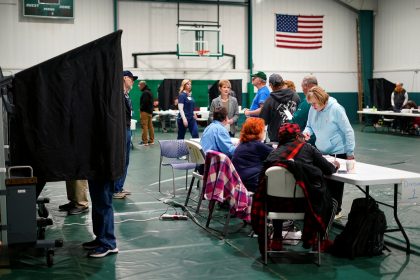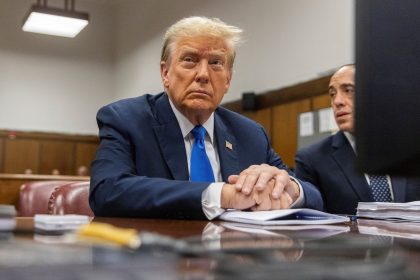Congress Did Not Violate ‘Nondelegation’ Doctrine In Handling of Sex Offender Law

WASHINGTON – The U.S. Supreme Court held Thursday that Congress did not unlawfully delegate its authority to another branch of government when it left it to the attorney general to decide how to apply a sex offender law’s requirements before it was enacted.
The case came to the high court from Maryland, where Herman Gundy pleaded guilty to sexually assaulting a minor prior to the enactment of the Sex Offender Registration and Notification Act in 2006.
After Gundy’s release from prison in 2012, he moved to New York, but did not register as a sex offender there and was later convicted for failing to do so.
On appeal, Gundy argued Congress unconstitutionally delegated its legislative power when it authorized the attorney general to specify the applicability of the Act’s registration requirements to offenders who were convicted of their crimes before the law went into effect.
Gundy’s argument called into play the “nondelegation doctrine,” the principle that Congress cannot transfer its power to legislate to another branch of government.
In theory, the doctrine is seen as a bar against Congress giving too much power to federal agencies. In practice, however, the Supreme Court has given Congress considerable discretion to passing some of its authority on to others.
But Justice Elena Kagan, writing for the court’s 5-3 majority, wasn’t buying Gundy’s argument.
She held that Congress did not give the attorney general “anything like the ‘unguided’ and ‘unchecked’ authority” that Gundy claimed and therefore, its actions “easily passes constitutional muster.”
She went on to say if the delegation of authority in this case were unconstitutional, “then most of Government is unconstitutional—dependent as Congress is on the need to give discretion to executive officials to implement its programs.”
Kagan was joined in her opinion by Justices Ruth Bader Ginsburg, Stephen Breyer, Sonia Sotomayor and Samuel Alito Jr., who noted in a short concurring opinion that he would be willing to reconsider the court’s longstanding handling of the delegation issue in a future case.
“Since 1935, the Court has uniformly rejected nondelegation arguments and has upheld provisions that authorized agencies to adopt important rules pursuant to extraordinarily capacious standards,” Alito wrote.
“If a majority of this Court were willing to reconsider the approach we have taken for the past 84 years, I would support that effort. But because a majority is not willing to do that, it would be freakish to single out the provision at issue here for special treatment,” he said.
Justice Neil Gorsuch wrote a dissenting opinion, in which he was joined by Chief Justice Roberts and Justice Clarence Thomas.
“The Constitution promises that only the people’s elected representatives may adopt new federal laws restricting liberty,” Gorsuch wrote. “Yet the statute before us scrambles that design.
“It purports to endow the nation’s chief prosecutor with the power to write his own criminal code governing the lives of a half-million citizens. Yes, those affected are some of the least popular among us. But if a single executive branch official can write laws restricting the liberty of this group of persons, what does that mean for the next?” the justice continued.
“Today, a plurality of an eight-member Court endorses this extra-constitutional arrangement but resolves nothing,” Gorsuch said. “Working from an understanding of the Constitution at war with its text and history, the plurality reimagines the terms of the statute before us and insists there is nothing wrong with Congress handing off so much power to the attorney general.”
Noting Alito’s willingness to revisit the question in a future case, Gorsuch added, “Respectfully, I would not wait.”
Justice Kavanaugh took no part in the case, which was argued on the second day of the term, before he joined the court.
The case is Gundy v. United States. No. 17-6086.























